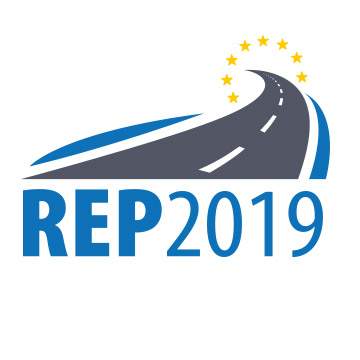
Baby boomers, generations X, Y (millennials) and Z. Not only do these labels identify a certain age group, they also come with a set of characteristics, interests and challenges that has been attributed to each one of them. For the youngest – the Zs – that often includes being both credited with taking a stance on pressing issues, such as climate change, and blamed for not being politically engaged enough, especially during election time. With an aim to create a middle ground, a group of European civil society organisations and European municipalities are launching the Road to European Parliament 2019 – Empowering a new generation of EU citizens (REP2019) project, which will involve 250 high school students from rural areas of five different EU countries.
Though programmes, such as Erasmus, are now a common experience of many Europeans, the reality is that the conversation among students is rarely about the European Union, how it works and what effect it has on a national and personal level. Traditionally, younger voters participate less in elections and are the least likely group to vote. And while the 2019 European elections were deemed as one of the most important ones, polls showed that an average of 21% of the young citizens who are entitled to vote intended to do so.
These are the challenges that REP2019 sets out to address. Through a range of carefully crafted methods, the project will contribute to the growth of a new generation of young citizens capable of critically assessing the strengths and weaknesses of the EU and enable them to propose innovative solutions for enhancing citizens’ participation in the European democratic life.
REP2019 will involve 250 students between the ages of 16-18 years old from rural areas from Greece, Italy, Lithuania, Spain and Romania. Supplementing traditional forms of training methods, the project will also apply simulation events, such as role play games that show how EU legislation is created – focusing on the role of the different EU institutions in the legislative process, as well as other stakeholder groups. A desired additional outcome is for students to learn to negotiate between themselves to build the future they want, thus increasing their ability to work together and to take difficult decisions as they tackle sensitive issues, such as dealing with a migration crisis and the implications of technological advances.
Project Coordinators Luigi Della Sala and Antonio Dell’Atti share why this project is important and needed:
“We have conceived the REP2019 project in order to give young people tools to understand the European Union and how it works, and starting from it, developing ideas for innovating it. It will be an amazing journey in 5 European cities where young people will experiment democracy and foster their civic competences”.
REP2019 is funded by the European Commission Europe for Citizens funding programme and is implemented in partnership by the following organisations: